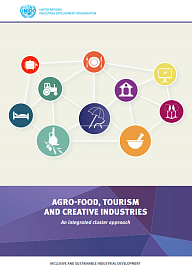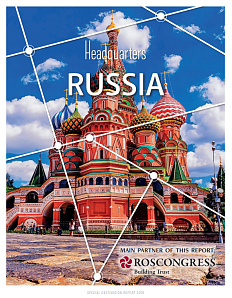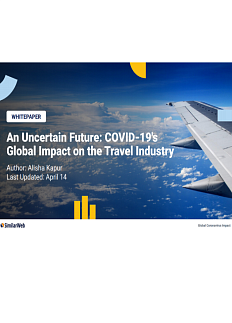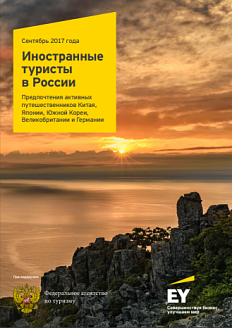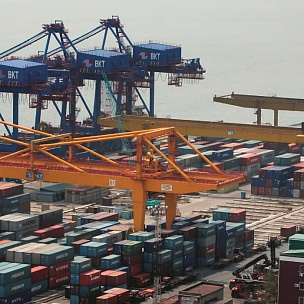The relationship between tourism and food as well as the relationship between tourism and the creative economy is well known and has been widely analysed in economic literature. What is less studied is the huge potential of linkages and synergies among agro-food, tourism and the creative industries and how to develop a cohesive policy approach in order to enable integration and convergence among these sectors to take place.
In order to illustrate how to apply the suggested methodology, the authors of the report present and discuss several examples of initiatives or policy measures implemented to facilitate the creation of linkages among agri-food sector, tourism and the creative industries.
.png)
The crucial element distinguishing UNIDOs approach from other similar models discussed in the literature is the centrality of integration among different sectors as a key to fostering development of a region.
UNIDOs approach identifies four elements that underpin the formation and operation of an integrated cluster:
- (i) territorial assets;
- (ii) stakeholder collaboration;
- (iii) leadership;
- (iv) communication and information flows.
Often synergies and linkages are not spontaneously fully realized by the local actors and awareness of the potential for growth and new product/experience development can be low, especially in peripheral localities. For this reason, public authorities play a crucial role in constructing an integrated cluster, which should adopt a collaborative governance. This new way of understanding governance brings public and private stakeholders together in collective forums with public agencies to engage in consensus-oriented decision making. It also ensures that processes are broadly inclusive of all stakeholders, including both powerful and less powerful actors.
Finally, given the complexity in understanding how the creative industries link with tourism and agri-food sector as well as appreciating the fundamental changes stimulated by the growth of the creative economy, UNIDO highlights the necessity for policy makers to absorb a lot of new information in order to design adequate policies and to implement novel instruments.


